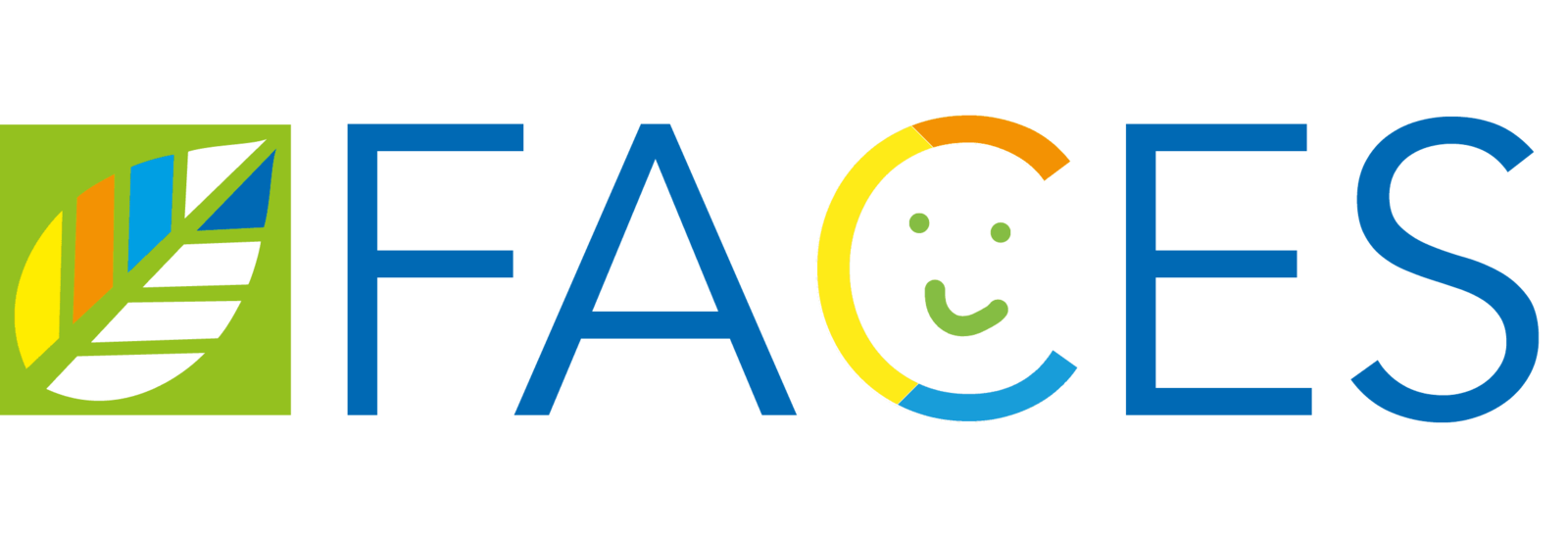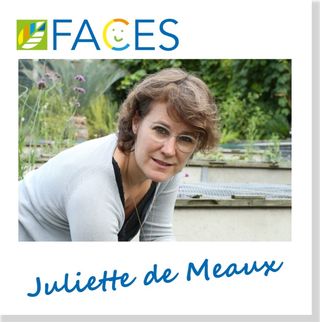

Five questions to Juliette de Meaux
Question 1
What fascinates you most about natural sciences?
Being able to observe phenomena that no one ever observed before. An incredible privilege that my lab shares as a group.
Question 2
What is your favorite plant and why?
I don't have a favorite plant. I worked a lot with Arabidopsis thaliana, the mouse-ear cress, because available genetic resources allow progressing faster than in other plant species. But its close relatives are amazingly different in growth form and ecology and they are just as fascinating. For example, we hope to soon be able to elucidate why Arabidopsis lyrata, the lyre-leaved cress, has become so much more drought tolerant than its close relatives. This will teach us about sustainable strategies for maximizing tolerance to wilting.
Five years ago, we also began to investigate the population history and genetic diversity of Arabis nemorensis, a floodplain species of rockcress that is endemic to river banks. We started from scratch, we knew nothing at all. And now we know it is a plant system that will deliver invaluable insights into topics as various as the physiology of submersion tolerance, the resilience of endangered species and the ecological importance of genetic exchanges between species. If anything, this proves that time is ripe for breaking away from the narrow set of model systems and look into the molecular and genetic basis of the amazing diversity that plant species can evolve in a small amount of time.
SPECIAL QUESTION
How does the corona pandemic affect your professional and private life?
My group has demonstrated an incredible motivation and drive. Within a few days, work was relocated at home, and we used the platforms Slack to maintain fluid exchanges and Zoom to hold group meetings. We could certainly quickly build on the experience we had last year, because I spent a sabbatical year in Boston. But now, we are all weary of the situation. We miss each other and the livelihood of a group. We also miss the broader contact with our community. This is especially important for our early career scientists, they need a perspective post-PhD and there are not many ways to get it today.
I personally also had to deal with a severe trade-off between work and the needs of my children. With no school, no mensa, and no after-school activities, parents have been the sole adults their teenage children have seen for weeks in a row. So the last months have been exhausting. We all can’t wait to return to normal!
Question 3
What advice would you give to young scientists?
I would not give a single answer to that question. Each career is unique, advice should be tailored to the personal talents, strengths and desires of our students.
Question 4
If you had the choice, which research question would you like to be able to answer?
I am a bit surprised you ask this question. Aren’t scientists the fortunate ones who can choose the question they want to work on? Since my master, in 1998, I have been incredibly curious about the importance and role of genetic variation in natural and changing environments. I worked first on the evolution of plant defense against pathogens and herbivores and then investigated the molecular determinants influencing the evolution and co-evolution of life history traits (growth rate, seed dormancy and its covariation with flowering time). Recently, I have grown increasingly interested in understanding how plants diversify their strategies to cope with drought. How do you evolve a sustainable strategy to cope with drought stress, given that rainfall is so unpredictable? I am particularly fascinated by the idea that different genes may contribute to drought tolerance, depending on the species ecological background.
Question 5
What's your favorite thing to do after work?
At the end of the day, I rush home to hear my children tell me about their day. It helps me remain sane, and them as well!

Profile
Name:
Juliette de Meaux
Position:
Principal Investigator, Institute for Plant Sciences, Cologne Biocenter, University of Cologne
In CEPLAS since:
2014
Place of birth:
Paris, France